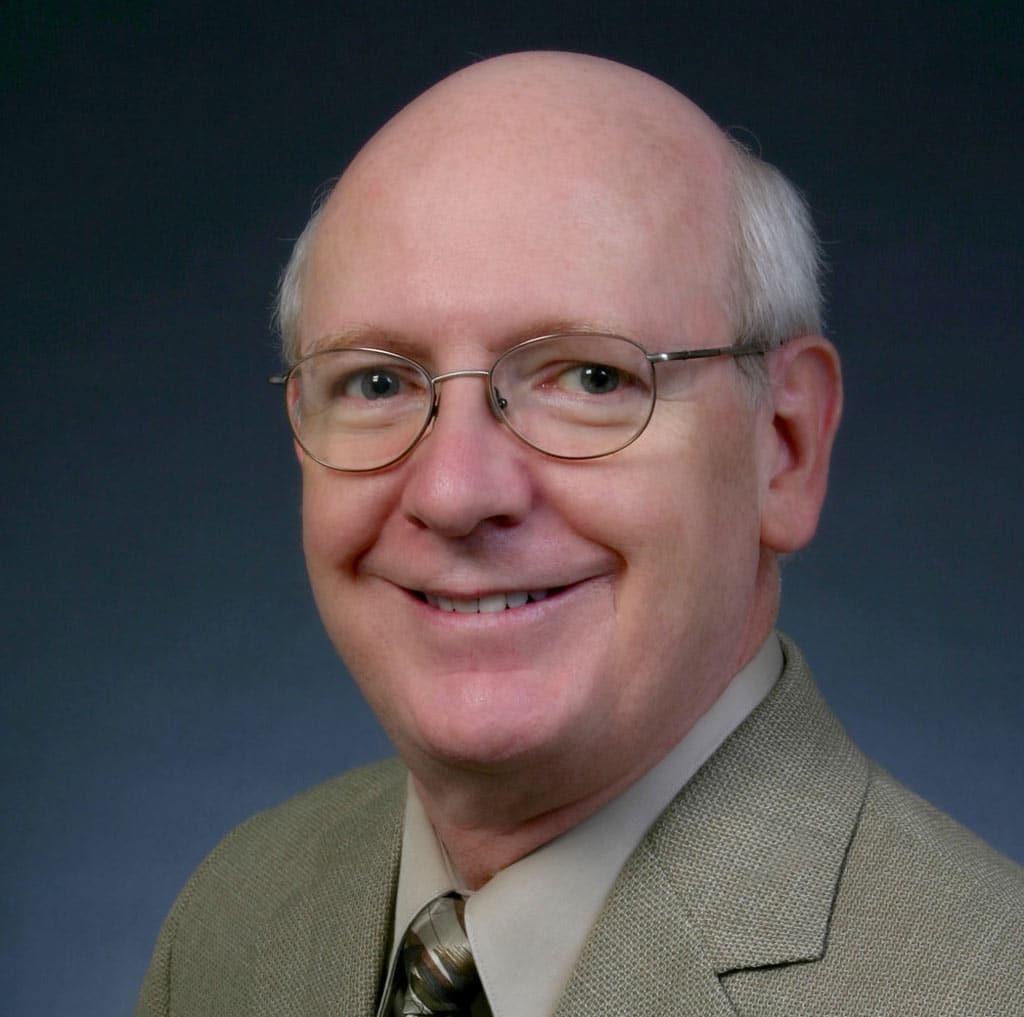Some researchers have found a link between sleep apnea and chronic health conditions such as heart disease and hypertension. This is likely because untreated sleep apnea disrupts the natural cardiac rhythm during sleep, deprives the sleeper of proper rest, and lowers oxygen levels. Fortunately, once this sleep disorder is diagnosed, your oral surgeon can determine the best course of action for your sleep apnea treatment.
Sleep Apnea Overview
Patients with sleep apnea experience airway obstruction during rest when soft oral tissues block airways and cause the patient to stop breathing for short periods of time throughout the night. When the sleeper ceases to breathe, the body’s natural defense is to wake the patient to reinstate a proper breathing cycle. This act of perpetual breathing cessation and wakefulness disrupts the patient’s progression through the various stages of sleep and affects oxygen intake. Furthermore, this condition prevents a patient from maintaining a steady, slower heart rate throughout the night.
Over time, sleep apnea presents symptoms such as memory loss, irritability, depression, and lethargy. Many patients experience feelings of malaise even after a full eight hours of rest. Because detecting sleep apnea involves medical diagnosis through sleep studies, patients are often unaware of their condition. Take Dr. Wolford’s Airway Questionnaire for Obstructive Sleep Apnea (OSA).
Once this sleep disorder is diagnosed, your oral surgeon can determine the best course of action for your sleep apnea treatment.
Working with an interdisciplinary team of medical professionals, your oral surgeon can develop a sleep apnea treatment plan that fits your unique needs. After the results of your sleep study have been evaluated and an oral examination has been conducted, the underlying cause of airway obstruction can be addressed. Treatment may include comfortable oral appliances that are worn at night to reposition the mouth or oral surgery to correct tissues that block airways during sleep.
If you show sleep apnea symptoms or suspect that you may have it, our oral surgeon strongly encourages you to seek professional treatment. Don’t hesitate to get in touch with Dr. Larry Wolford’s office using our online contact form or call 214-828-9115 today If you have questions or would like to schedule an appointment,






